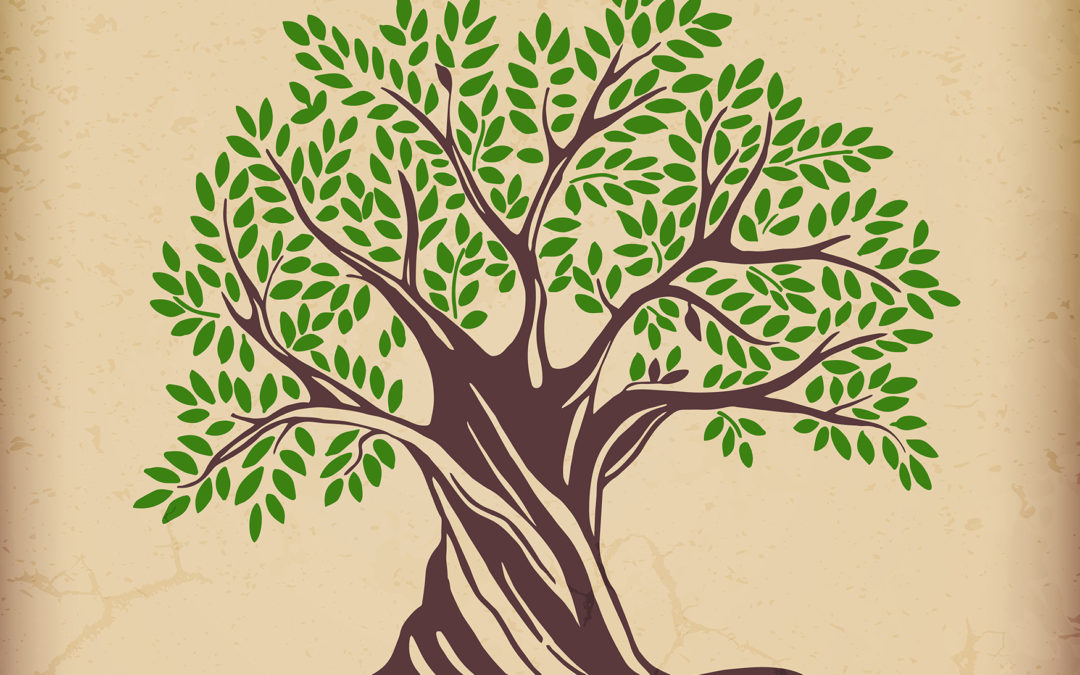When I was a teenager, I had a close friend who was adopted. He had been told about his adoption when he was just a child, but didn’t fully process what it meant until he was much older.
His adoptive parents showered him with love and affection, provided security and stability, put a roof over his head, placed food on the table, and even promised a future inheritance—all that they had belonged to him. In their thought, the adoption had no impact on his standing in the family. He was theirs, and that’s all that mattered.
On the other hand, the young teen spent many nights thinking about who he was and where he came from. He wondered if his biological father might be a professional athlete, or his mother a famous actress. He racked his brain trying to find a reason why such successful people might place their child up for adoption. In his thought, adoption was central to his identity. It became an excuse for rebellion and a reason to reject the love of those who had received him as their own.
JOHN 1:10-13
The Apostle John writes, “Jesus was in the world, and though the world was made through him, the world did not recognize him. He came to that which was his own, but his own did not receive him. Yet to all who did receive him, to those who believed in his name, he gave the right to become children of God—children born not of natural descent, nor of human decision or a husband’s will, but born of God.”
In the book of Romans the olive tree is used as a metaphor for being in Jesus. The Apostle Paul speaks of Jesus as the root of the tree and the people of Israel as its branches. He writes about branches that have been broken off due to unbelief, and branches that have been grafted in by faith. The Apostle Paul tells us that the branches grafted in share the same nourishing root as the natural branches of the tree—the fact that they were grafted in has no impact on their standing with the root.
As those who believe in Jesus Christ, we have been adopted by God, and the Scriptures invite us to call him Abba—Father. You see, we are more than guests in the house of God. We are his children, and as his children we are shown love and affection, we are provided for, and all that God has… he gives to us. The Apostle Paul writes, “If we are children, then we are heirs—heirs of God and co-heirs with Christ” (Romans 8:17).
We are his, and that is truly all that matters. But like the teenage boy, we often forget—we forget to abide in his Word and in his love. We focus more on who we are apart from him than who we are in him—and we lose ourselves. This is a great tragedy.
Fortunately for us, the family business is pursuing the lost, and because God loves us, he is never far from us—no matter how we have sinned against him.
Have you sinned against God? It is unavoidably true. Return to his Word, and you will find forgiveness. Abide in his love… and you will find your identity.
Rev. Troy Tysdal is Director of Communications and Prayer for the Church of the Lutheran Brethren and serves as editor in chief of Faith & Fellowship magazine.

